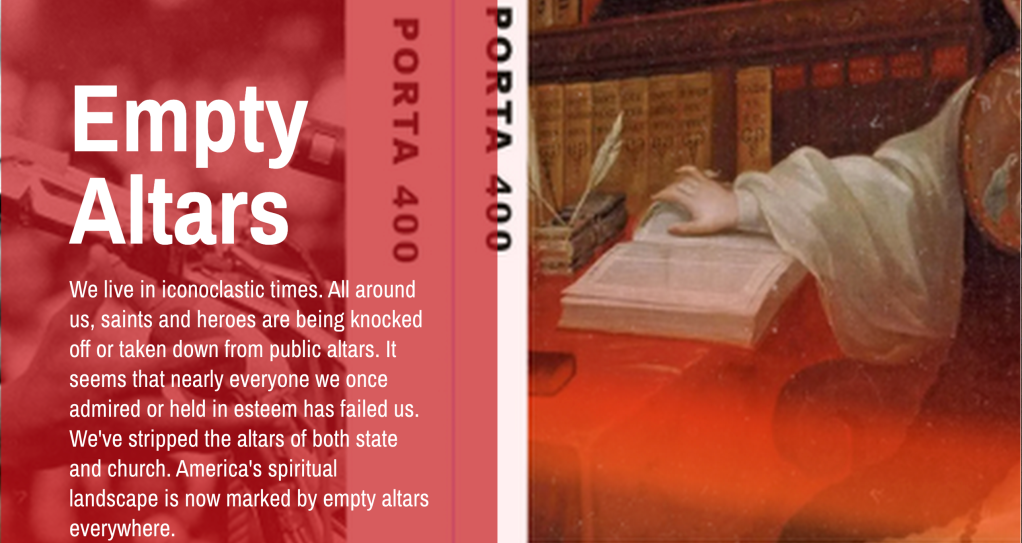Leo Tolstoy (1828-1910), a prolific Russian writer, may be best known for two novels: War and Peace (1869) and Anna Karenina (1878). He was a complex person: an artillery officer in the Crimean War (1853-1856) who became a pacifist; an advocate of sexual abstinence who fathered fourteen children; a deeply devout person of faith who was excommunicated in 1901 by the Russian Orthodox Church.
He described his faith in My Confession (1884) and his philosophy of non-violent resistance in The Kingdom of God is Within You (1894). Reviewer David Taffel calls it “one of the most provocative anti-establishment and anti-authoritarian pieces of literature ever written.” Chapter One describes Tolstoy’s interaction with American Quakers, the son of American abolitionist William Lloyd Garrison (1805-1879) and American Adin Ballou (1803-1890).
An excerpt from Chapter Five:
(People) of ancient and medieval times believed, firmly believed, that (people) are not equal. … But we cannot believe that now. …
We all know and cannot help knowing… with our whole heart … that we are all (children) of one (Creator), wherever we may live and whatever language we may speak, we are all brothers (and sisters) and are subject to the same law of love implanted by our (Creator) in our hearts.

From “The Kingdom of God is Within You–Leo Tolstoy (Review),” by Israel Wayne, Christian Worldview, April 29, 2011










